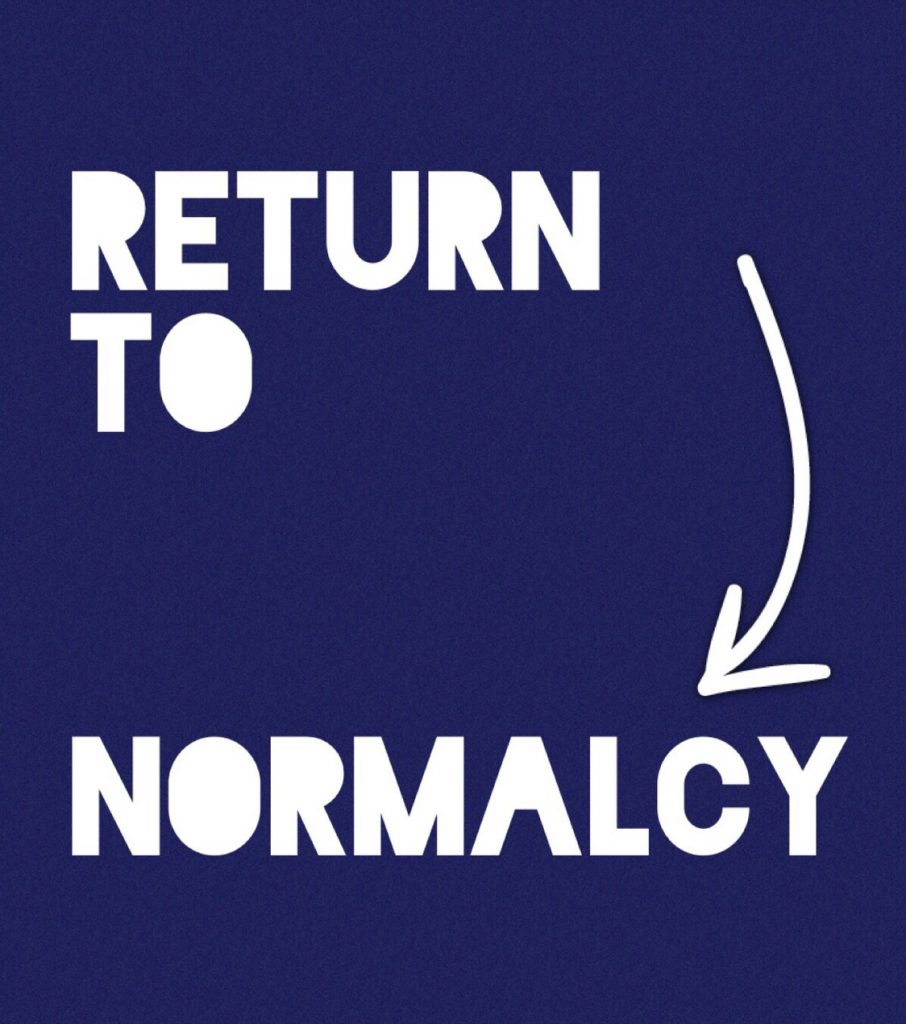Introduction
As we prepare our country to take advantage of the boost expected in travel and economic activity beyond this period of the Covid-19 pandemic, the importance of vaccination is becoming increasingly evident as a critical element in our preparation.
Since the declaration of the pandemic in March of 2020, the dynamic has been one of decline, stability and spike, in no particular order, with a variety of new strains of the virus being discovered.
There were moments when developed countries believed that the virus was under control, only to be faced with a new strain and a significant spike in new infections, bringing with it new rounds of curfews, lockdowns or states of emergencies. Leaders in this region who adopted lockdowns as a first response to the virus, swiftly recognised that the virus would be around for a long time to come and accepted that, individuals, communities, countries had to “learn to live well with COVID”.
Thanks to the technologies and modern science, a number of vaccines were developed, through the normal process, including testing and certification by the various agencies, authorising them for use in the fight against the corona virus. This welcome development in vaccine technology, was the silver lining that the world was hoping for and offered hope of a return to life, without the restrictions imposed by this deadly virus. Now the challenge that lies ahead is getting a large enough percentage of the population vaccinated so that this country can achieve population immunity.
Vaccines are safe and effective
The Government of Saint Vincent and the Grenadines, headed by Prime Minister Gonsalves was able to secure thousands of doses of vaccines to begin the process of vaccinating our citizens. The primary vaccine used by the Ministry of Health is the Cambridge AstraZeneca vaccine, although a much smaller number of doses of the Russian Sputnik V vaccine was also ordered. Reports so far from the trials and active use of the AstraZeneca vaccine globally, suggests that it has an efficacy rate of 82% after both doses. The BBC reports that the Russian Sputnik V vaccine has an efficacy rate of 92% after receiving both doses.
This means that both vaccines provide significant protection against transmission of Covid-19, hospitalisation due to severe illness, and death. While in some countries there have been reports of temporary stoppages in the usage of the AstraZeneca vaccine because of blood clots in individuals taking the vaccine, there have been very little evidence if any, showing a link between the vaccine and the blood clots.
In almost every instance, the use of the vaccines resumed and millions of people around the world are currently vaccinated with the Cambridge AstraZeneca and Sputnik V vaccines. The Government has announced that it has ordered doses of the Moderna vaccine that can also be used on younger members of our population including the older students in secondary schools.
Hundreds of millions of people around the world have taken one of the Covid-19 vaccines available, and apart from the stated side effects which have been generally mild, but moderate in a small percentage of cases, they have produced the desired effect or reduced transmission, hospitalisations and deaths.
Countries that have been able to vaccinate a large enough section of their population have reported significant reduction in every aspect, and are returning to normal, an indication that the vaccines are effective and safe.
Getting back to normalcy
Having endured a very challenging 15 months since the declaration of a pandemic, this country like other countries around the globe is doing what it can to return things to a sense of normalcy.
The Health, Economic, Social and Security (HESS) challenges that have confronted us have been unprecedented and have created much strain on every aspect of life. The reality is, that people in key industries need to get back to work that have been on hold since last year; the tourism industry is trying to restart, schools need to be opened and the demands on the health system need to be normalised.
With this country in the middle of what seems to be a spike, the encouragement from the Government is that Vincentians should get vaccinated so that we can achieve population immunity. In tourism for example, traveling individuals are more and more requesting that service providers in hotels, etc. be vaccinated and the even more general trend, is for health workers, frontline workers and other workers interacting heavily with the general public to do the same. It is a reality, that the longer it takes our country to achieve population immunity, the longer it takes for our health, education, transport and general economic systems to start functioning in a normal way. It appears that this country has become a victim of our own success, as the excellent handling of Covid-19 by the ULP administration has so far resulted in very few deaths when compared to infections, seen financial support offered to individuals whose incomes were impacted and a general reorganising of systems avoiding curfews, lockdowns and states of emergencies. But this should not encourage complacency, instead we should be encouraged to go the next step and get vaccinated to augment the previously adhered to protocols of hand hygiene, mask wearing and social distancing. The faster way back to the fully functioning society that we all long for is through population immunity by individuals taking the vaccine.
Conclusion
There is no shortage of conspiracy theories, mis-information and dis-information out there that continue to frustrate the vaccination drive of this country. The Ministry of Health continues to do excellent work in educating and informing Vincentians of the benefits of taking the vaccines, and go a step further by taking the vaccine to the people making it easy for anyone to get vaccinated. The choice to get vaccinated is a personal one, so you are continually encouraged to make that choice to protect yourself, your love ones, your community and your country, by getting vaccinated.
Get vaccinated today!

